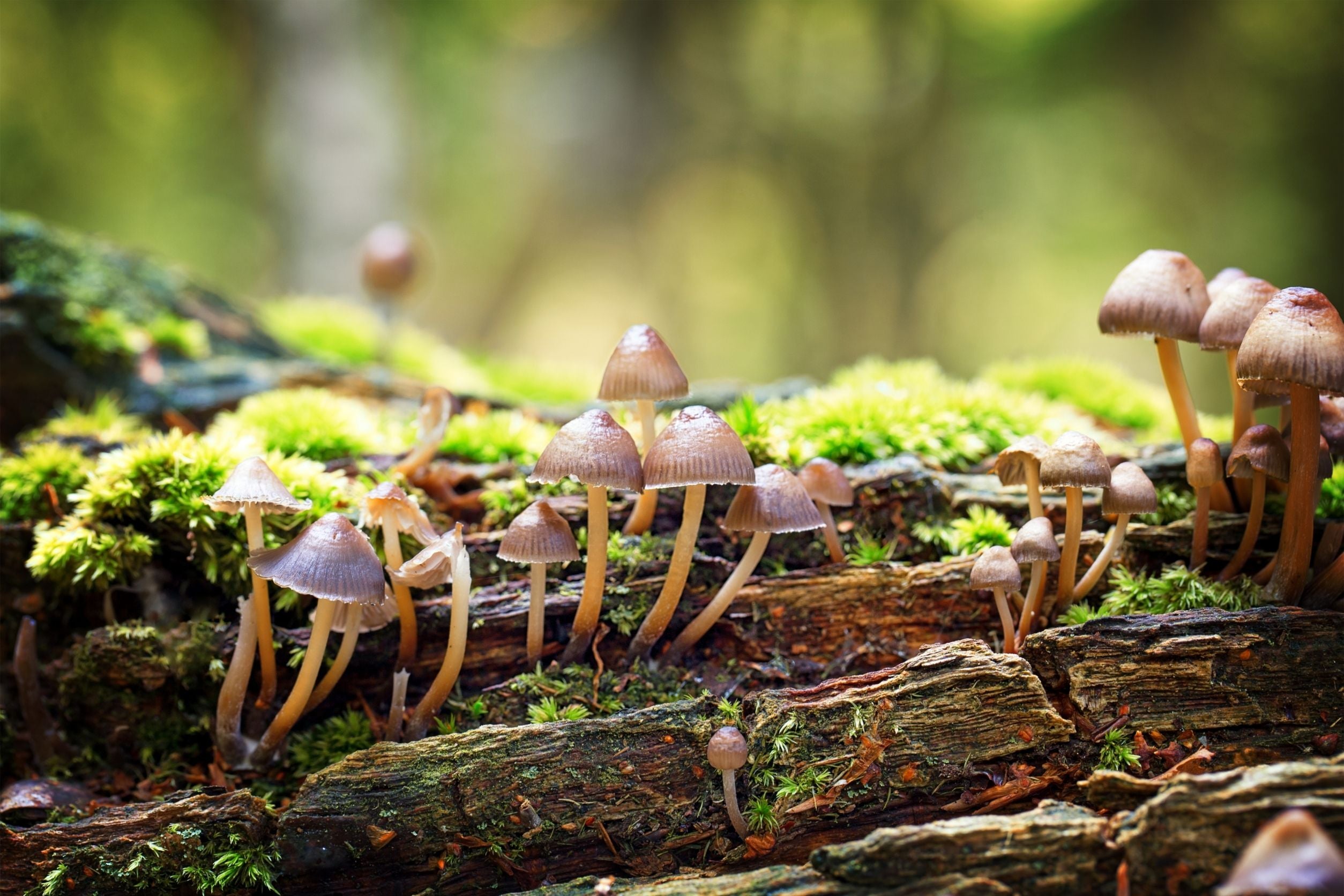Earth’s climate has naturally changed over the course of the planet’s existence. However, we are now at a point where the actions taken by humankind are negatively impacting the planet’s overall climate. This is man-made climate change, not a natural course for the planet to take. Our impact is causing ocean levels to rise, animals to become extinct or endangered, and increasing instances of extreme weather conditions that have devastating impacts on communities. Another effect of man-made climate change is the disastrous impact that a warmer planet is having on plants and agriculture. One of the organisms being impacted is fungi, which play a fundamental role in nutrient cycling, plant health, releasing oxygen, and decomposing organic matter, as well as being part of many animals’ diets. Read below to learn about the ways in which climate change’s impact on fungi is affecting humankind.
Development of Agriculture
Agriculture and climate change go hand in hand, and this is seen in the way climate change impacts fungi. Around 90% of plants benefit from their relationship with fungi because they help to improve plants’ ability to grow and develop. This is crucial when it comes to agriculture and farming, as plants will not appropriately develop, leading to fewer plants able to be harvested and distributed as food sources to humans. Fungi also serves an important role in reabsorbing carbon dioxide into soil, removing it from the air. However, if fungi can no longer do that, CO2 remains in the air which has impacts on certain plants. For example, a type of maize will change its gene structure if exposed to higher levels of CO2. This shows that the impacts of climate change on fungi affect agriculture in multiple ways, all of which will be felt by humankind.
Food Production
Humans consume, directly or indirectly, fungi that show up in a variety of foods. Mushrooms and truffles can be eaten raw, but it is a lesser known fact that yeast is also a type of fungi, which shows up in bread, a staple food in many countries around the world. Fungi also helps to create many types of cheese and milk and appear in nuts, beans, and cereals. Yeast also helps to make beers and wines. Because fungi are crucial in the development of many foods, some of which are staples in our diets, impacts of climate change could have drastic effects on the foods available for humans to eat, impacting our survival.
Medicine
For millennia, fungi have been used in traditional medicines to treat a variety of health issues. Fungi have a natural ability to produce antibiotics and inhibit the growth of bacteria. Different fungi have different health benefits, so people with a wide variety of issues can benefit from the use of fungi as medicine. Fungi have antiviral, anti-inflammatory, antioxidant, antitumor, antidiabetic effects, and more. Because they are found all over the world, countries from Japan to Brazil have used them for various reasons. Some fungi can act as both a prevention and treatment for certain types of cancer, while others can alleviate issues like osteoporosis.
Take Action
With so many negative impacts on humankind, what can we do to stop climate change? One thing we can do is to use natural products. Black Vegan Shop, a Black-owned company, serves our community by providing health supplements and other natural products to improve people’s lives. We pride ourselves on our non-GMO, vegan, healthy products that have been ethically sourced. Visit https://www.blackveganshop.com/ to discover more about our products, knowing that your purchases and the supplements you consume can make a difference toward bettering our planet’s health as well as yours!


